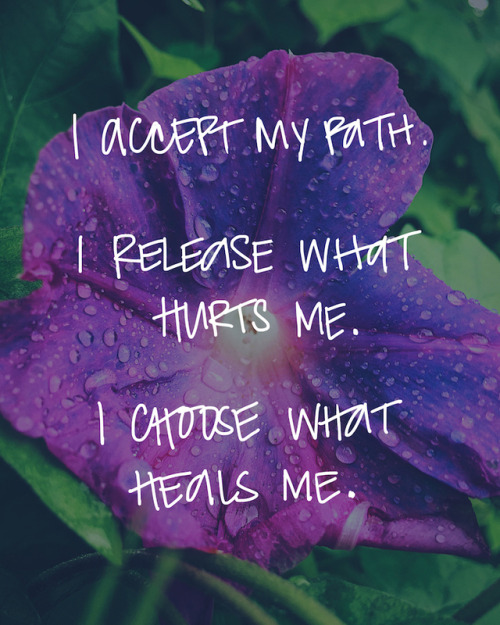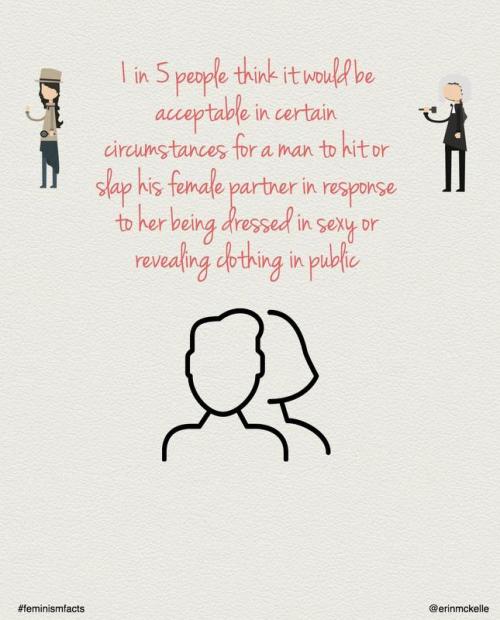#gender based violence

Umoja is a community of 48 women in the arid plains of northern Kenya. The word means ‘unity’ in Swahili.
READ Judi’s incredible life story here.

Read the captivating story here: http://ind.pn/1PSmH41
After my last post about leaving the abuse, I received a few messages asking how to handle the complicated feelings that arise during this period, the part of us that misses the person who abused us, the yearning for their validation, and the pain of seeing them move on so quickly with someone new.
My first suggestion would be to scroll down and read my post on #TraumaBonding which may provide insight into the intense feelings of attachment to an abuser.
Maybe the reason we seek validation from the ones who have hurt us is to soften the blow; we may search desperately for some sign of love or concern from them because it can add so greatly to our pain to realize that someone whom we loved, who wounded us so deeply, never really cared about us at all. Or perhaps we seek some semblance of love from them to feel less embarrassed about having trusted someone who hurt us so much. The lack of understanding and validation from them and from others can make the healing process so much more challenging.
I’ve come to view this time as an opportunity to reclaim our sense of power and autonomy―two things that abuse can diminish. It is time to take the focus and energy off of the abusers and place it lovingly onto ourselves. We can prove to ourselves that we are innately deserving of understanding, kindness and compassion by showing it to ourselves. We can allow ourselves the space to feel how we are feeling. We can give ourselves the validation we are seeking, acknowledging and honouring both our pain and our strength. I do my best to practice gratitude in these times, giving thanks that what has hurt me has been removed from my path in order to make way for what is better for me.
One of the most important things to remember is that healing is a process and a practice, and being patient with ourselves during our worst times can go a long way.
Affirmation: I accept my path. I release what hurts me. I choose what heals me.
Post link
On average, every 6 days in Canada a woman is murdered by her intimate partner.
My ending is not so much a happy one as it is a lucky one. And that’s why I do what I do @reclaimyourvoice.
Yesterday during my meditation practice, in tearful gratitude I thanked the gods and the universe for this freedom, for this second chance at life, for these opportunities to become a better person, to love more, to give more, to grow more and for the glorious blessing of being able to heal underneath these palm trees. I thanked them for all the people they’ve sent to help me along my journey (you all and so many more), and said I will endure any storm they throw my way, but to just please keep sending these beautiful souls to help light the path.
Although in my recent post I shared how I escaped, my story is far from over. As most people who’ve been abused will tell you, the tough times don’t necessarily end just because we’ve been physically removed from the abuse.
So in the coming posts I will be speaking on what the aftermath of the abuse has looked like for me. May this and all the posts I have shared thus far be of benefit to those who need them most.
Post link
TW: Sexual Assault mentioned
—-
As a sexual assault and DV survivor advocate for 4+ years, I was often asked how people could be more supportive of survivors in their day-to-day lives. In honor of Sexual Assault Awareness Month, I want to share some of my most successful advice:
A great way to be trauma-informed and supportive of survivors in your everyday life is to speak to and treat people as you would someone whom you know for a fact has been assaulted. At least 1 in 4 cis women and 1 in 10 cis men in this country have experienced sexual violence, and the numbers are higher for trans and gender-nonconforming folks.
You’re never going to hurt someone who hasn’t been sexually assaulted by treating them with the same kind of thoughtfulness that you would a person of whose trauma you’re aware, but you could hurt someone by treating them specifically like they haven’t experienced sexual violence.
IMPORTANT!!! VvVvVvV
I’m not saying you should walk on eggshells around everyone! I’m saying you should put trigger warnings for content that references sexual violence, you should always check in with someone before you start a conversation regarding sexual violence, and when you’re talking to/in a big group of people, assume that someone in that group has had some kind of experience with sexual violence (the numbers tell you it’s probable). Don’t treat anyone like a victim, but be aware of the topic, and the odds of someone having experienced it, when it comes up.



